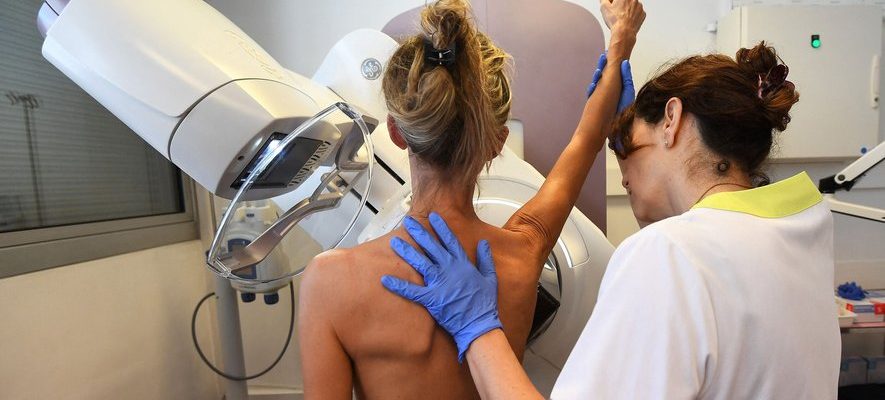The number of people under the age of 50 diagnosed with cancer has increased worldwide over the past three decades, according to a large study published Wednesday, and the causes of the increase are not entirely known.
Cancer cases among 14-49 year olds jumped nearly 80%, from 1.82 million to 3.26 million, between 1990 and 2019, according to the study published in the British journal BMJ Oncology.
While experts warn that part of this increase is explained by population growth, previous research has noted increasingly frequent cancer diagnoses among those under 50.
Risk factors
As the main underlying risk factors in this age group, the international team behind the new study pointed to poor diet, smoking and alcohol.
But the cause of the early cancer growth “is still unclear”, they added.
A little over a million people under the age of 50 died from cancer in 2019 (+ 28% compared to 1990), according to the study. The deadliest cancers were those of the breast, trachea, lung, intestine and stomach.
Breast cancer has been the most frequently diagnosed in three decades. But the cancers growing the fastest are those of the nasopharynx – where the back of the nose meets the top of the throat – and the prostate. Conversely, liver cancer decreased by 2.9% per year.
The researchers used data from the 2019 Global Burden of Disease Study, analyzing rates of 29 different cancers in 204 countries. The more developed the country, the higher the cancer rate among those under 50, according to the study.
This could suggest that wealthier countries with better health systems detect cancer earlier. But only a few countries screen people under 50 for certain cancers, researchers observe.
Besides poor diet, smoking and alcohol consumption, genetic factors, physical inactivity and obesity could also contribute to this trend, according to the study.
And the number of cancer cases worldwide among those under 50 is expected to increase by another 31% by 2030, mainly among people aged 40 to 49, according to modeling carried out by researchers.
They note, however, that cancer data from different countries varies widely, with developing countries potentially underreporting cases and deaths.

